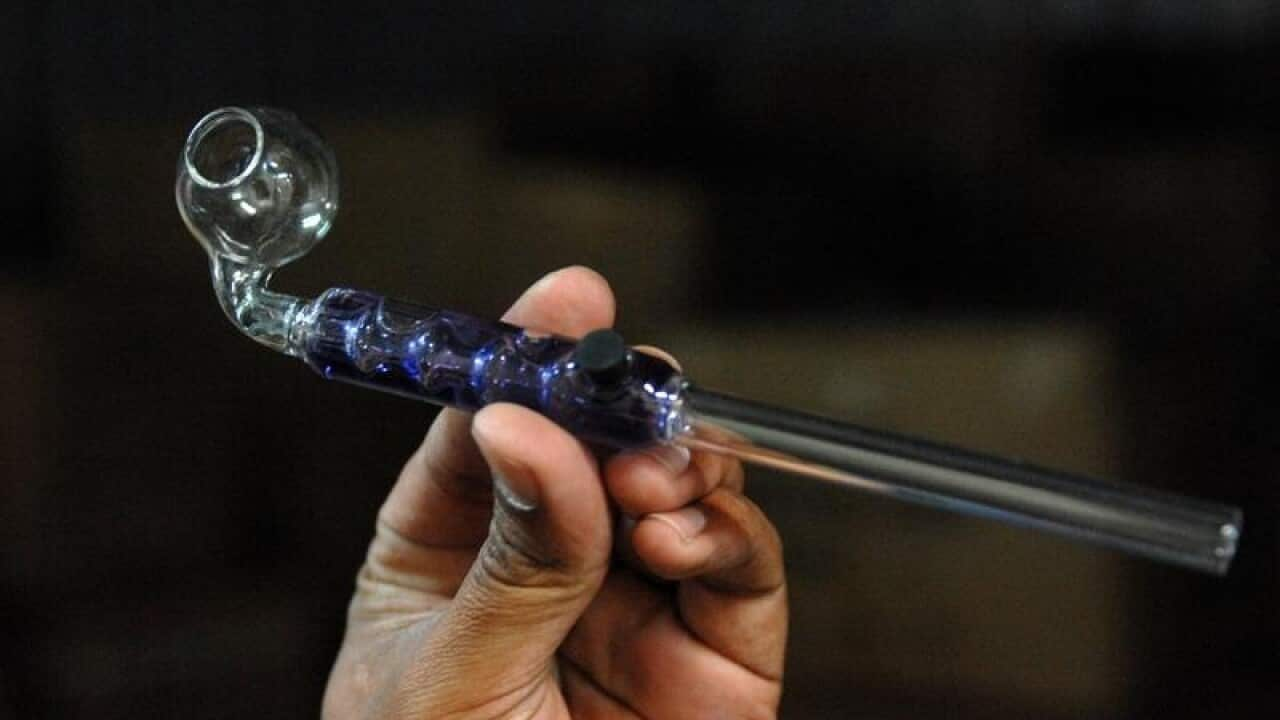A national study has highlighted the "hidden" causes of ice-related deaths, which have doubled in the past seven years.
The number of methamphetamine related deaths rose from 142 in 2009 to 280 in 2015, according to research published in the journal Addiction.
In total, there were more than 1600 meth-related deaths during this seven-year period and the majority of those to die were men (74 per cent).
While the majority of ice users died as a result of overdose, the study showed 'natural' disease, suicide and accident comprised of half of all deaths.
Researchers at the National Drug and Alcohol Research Centre looked at the coronial records of 1649 meth-related deaths and found overdose was the most common cause of death at 43 per cent followed by heart disease at 22 per cent and suicide at 18 per cent.
Nearly half of the deaths were in rural or regional locations, and 156 ice users died while at the wheel of a car or on a motorbike.
Lead author Professor Shane Darke says the results are indicative of a "major" public health issue and highlight a hidden problem.
"With so much public attention focused on violence, many users may be unaware that heart disease is a major factor in methamphetamine-related death," Prof Darke said
"Without increased awareness of the connection between methamphetamine use and cardiac and/or cardiovascular disease we could expect to see a significant increase in cases of this kind in the coming years," he warned.
The authors of the report also call for greater awareness of the risk of suicide among users.
Suicide, many by violent means, accounted for 300 methamphetamine-related deaths (18 per cent) with specific characteristics around methods and gender.
"The impulsivity and disinhibition associated with methamphetamine intoxication may be a factor," Prof Darke said.
Readers seeking support and information about suicide prevention can contact Lifeline on 13 11 14.
Suicide Call Back Service 1300 659 467.
MensLine Australia 1300 78 99 78.
Multicultural Mental Health Australia www.mmha.org.au.
Local Aboriginal Medical Service details available from www.bettertoknow.org.au/AMS

